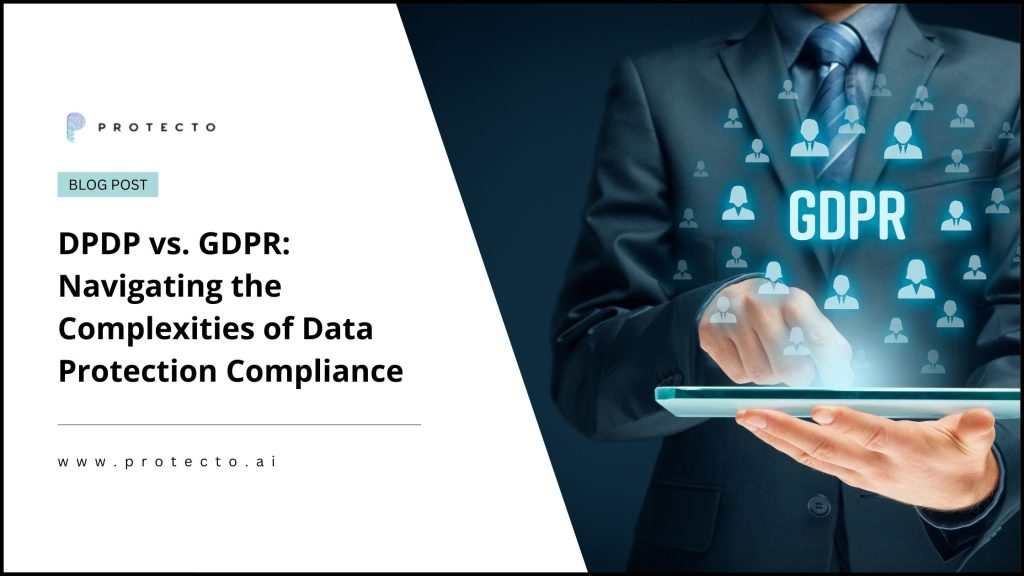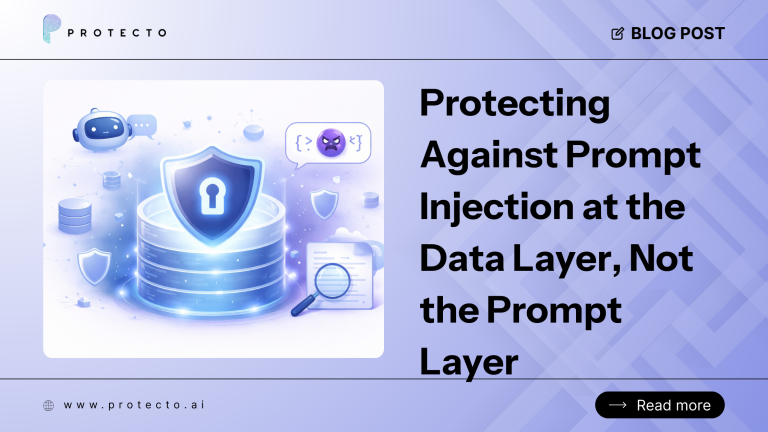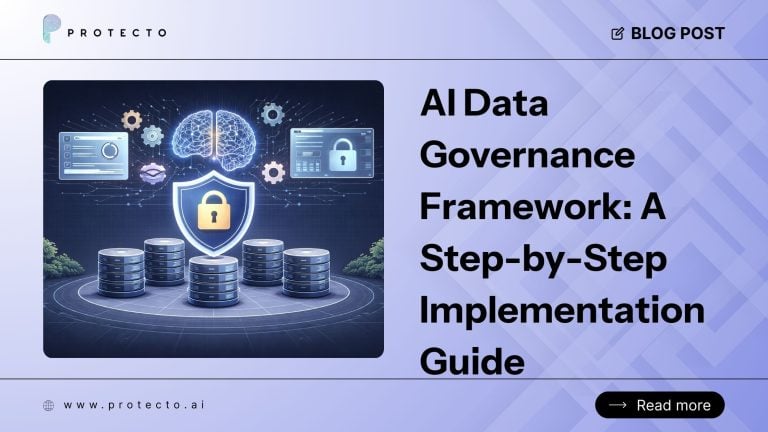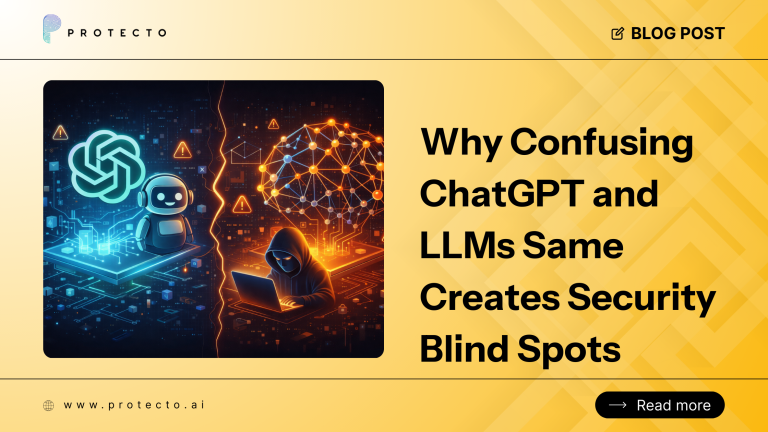As data privacy concerns rise globally, regulations like the General Data Protection Regulation (GDPR) in the European Union and the Digital Personal Data Protection (DPDP) Act in India have been established to safeguard personal information. While both frameworks aim to protect individuals’ data, they vary in scope, requirements, and enforcement.
In this blog, we’ll explore the similarities and differences between DPDP and GDPR, focusing on key regulatory requirements. The comparative table below will help you grasp the nuances of each regulation and highlight where they converge and diverge, providing a clear picture of what businesses need to consider when handling personal data in these regions.
DPDP vs. GDPR: A Comparative Table
|
Requirement |
DPDP (India) | GDPR (EU) |
Comparison Summary |
|
Data Processing Principles |
Purpose limitation, data minimization, and accuracy required. | Lawfulness, fairness, transparency, purpose limitation, data minimization, accuracy. | Similar |
|
Consent Requirements |
Specific and clear consent; withdrawal allowed anytime. | Explicit, informed, and freely given consent; withdrawal allowed anytime. |
Similar |
|
Data Protection Officer (DPO) |
Mandatory for significant data fiduciaries. | Mandatory for public authorities and large-scale data processing activities. |
Similar |
|
Data Retention |
Retain data only as long as necessary; delete or anonymize after. | Data must be retained only as long as necessary; delete or anonymize when no longer needed. |
Similar |
|
Cross-Border Data Transfers |
Subject to conditions ensuring adequate data protection. | Allowed only to countries with adequate protection or with appropriate safeguards (e.g., Standard Contractual Clauses). |
Similar |
|
Rights of Data Subjects |
Access, correction, deletion, portability, and objection rights. | Access, rectification, erasure (right to be forgotten), portability, restriction, and objection rights. |
Similar |
|
Breach Notification |
Notify Data Protection Board and affected individuals promptly. | Notify the supervisory authority within 72 hours; notify affected individuals if high risk. |
Similar |
|
Data Impact Assessments |
Required for high-risk processing activities. | Data Protection Impact Assessment (DPIA) required for high-risk processing activities. | Similar |
| Data Audits | Regular audits; reports to Data Protection Board. | Regular audits recommended; records of processing activities required for large-scale data processing. |
Similar |
|
Grievance Redressal |
Mandatory mechanism with clear resolution timelines. | Individuals can lodge complaints with the supervisory authority; organizations must have internal grievance procedures. | Similar |
|
Data Localization |
Possible requirement for sensitive data to be stored within India. | No specific data localization requirements, but transfers outside the EU are restricted unless safeguards are in place. |
Different |
|
Right to Be Forgotten |
Implied under the right to deletion but not explicitly mentioned. | Explicit right for individuals to request deletion of their data, with some exceptions. Companies must meet the request within a strict timeline. |
Different |
|
Accountability |
Implied through DPO and compliance measures. | Defines Data controllers and processors. Each must demonstrate compliance with GDPR principles, including keeping records of processing activities. |
Different |
|
Data Protection by Design/Default |
Not explicitly covered. | Requires data protection to be integrated into the design of processing systems and practices by default. |
Different |
|
Automated Decision-Making and Profiling |
Not explicitly covered. | Individuals have the right not to be subject to decisions based solely on automated processing, including profiling, which produces legal effects or significantly affects them. Has implications to using data in AI |
Different |
|
Supervisory Authorities |
Data Protection Board serves as the primary regulatory body. | Independent Supervisory Authorities (DPA) are established in each EU member state, with cooperation mechanisms. |
Different |
| Penalties | Fines up to INR 250 crores (~€30 million) for non-compliance. | Fines up to €20 million or 4% of global annual turnover, whichever is higher, for non-compliance. |
Different |
Conclusion:
Both DPDP and GDPR share the common goal of protecting personal data, yet they differ in approach and specific requirements. Understanding these differences is essential for organizations that operate across India and the EU. By aligning business practices with the stringent requirements of these regulations, companies can not only avoid penalties but also build trust with their customers by ensuring their data is handled responsibly and securely.




